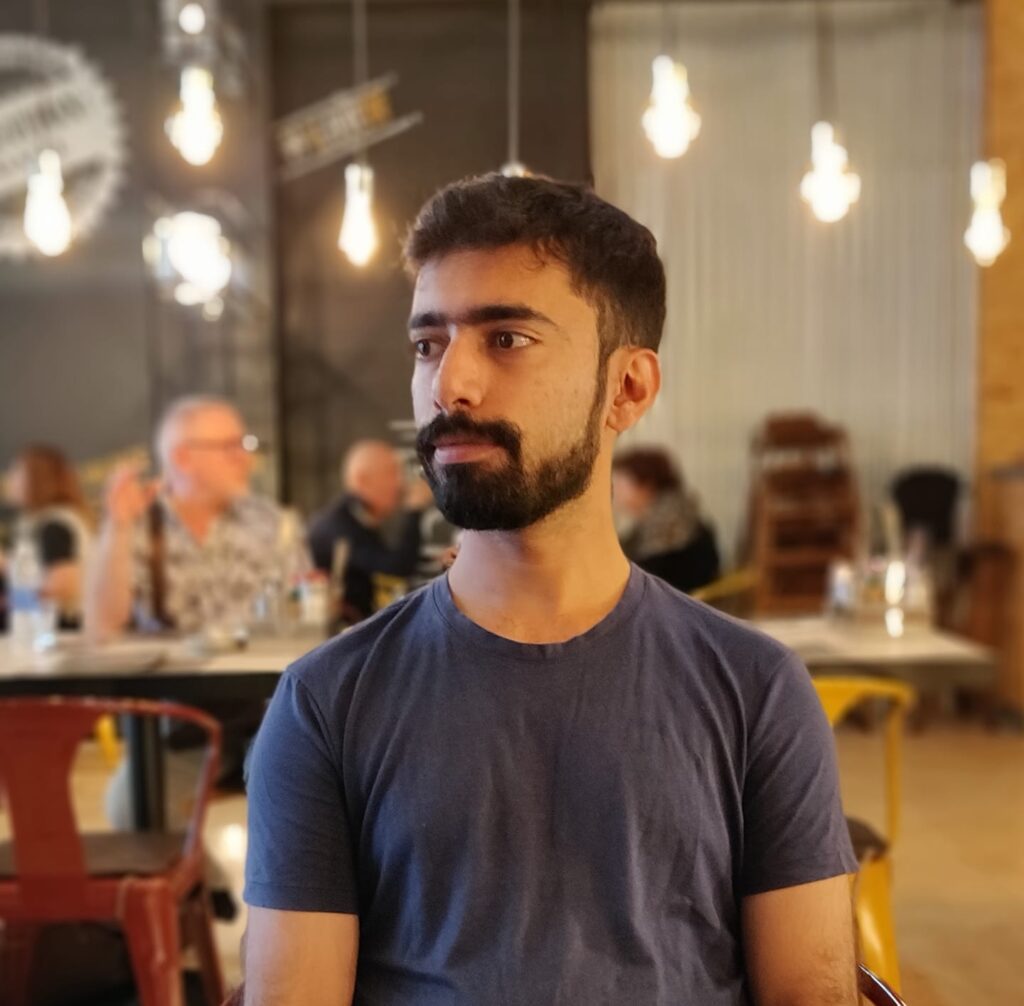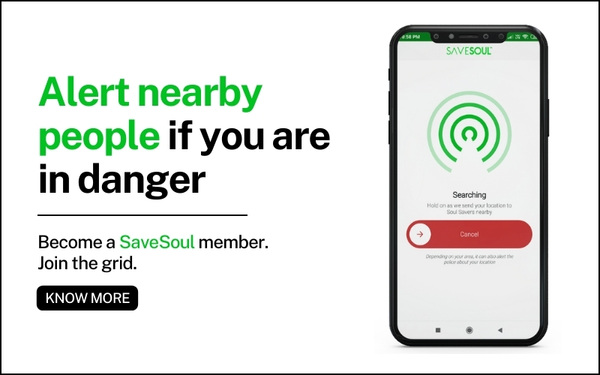As quoted by Nelson Mandela, ‘Education is the most powerful weapon which you can use to change the world’. But the students must receive the right kind of education. Most of the educational policies fail here. Students usually end up mugging up the concepts for the exam and then forget it forever. It’s not the same with every kid, yet many do not realise the need for learning, understanding and questioning.
Open Door is a helping hand for children across the world to become deep thinkers. They’ve designed programs with beautiful questions at their core to bring back the natural thinkers on track. Over the last seven years, Open Door has been working to increase the thinking in many classrooms, making 150000+ students think more than before. Have a more insightful view on the start-up through our interview with Aneesh Bangia, Co-founder, Open Door.
1. Give a brief info about your startup?
Children are natural thinkers. But, they start preparing for exams. Open Door is helping children across the world to become deep thinkers. We are achieving this for integrating two programs – Mastery Assessments and Thinking Classroom – inside the school systems. Currently, more than 150000+ children in 200+ schools are benefiting from Open Door.
2. What made you start your startup and what problem does it solve?
Open Door is the result limitations in the school system that we noticed while growing up. We saw the excessive focus on exams was creating a generation of people who do not think or question. Those limitations continue to exist in the school system. The problem is challenging but interesting enough to devote at least a decade to.
3. Tell us about yourself, your previous jobs/ventures? What were you doing before this startup?
I graduated from IIT Madras in 2010. I worked in Ashok Leyland for a year before starting to teach on a freelance basis. In 2013, I and Abhishek Kariwal co-founded Open Door.
4. Where is your startup based out of? Why do you think that is the best place for you?
Our head office is in Bangalore. We also have an office in Gurugram.
5. As a startup founder, what are you paranoid about? What keeps you awake at night?
I almost always go to bed with a question. Different things keep me awake on different nights. It could be something simple, such as thinking about the layout of a web page or bigger, like hiring a new team member.
6. Who are your competitors and how are you better than them?
There are many competitors. They are many companies, each trying their best to improve education. But, there are two major problems with most startups:
1. Focus on exams: Most companies are helping children score well in exams. By helping children prepare for an exam system that incentivises rote learning, aren’t these companies preparing children to rote learn better? This is damaging. Open Door has freed itself from preparing children for exams. This enables us to focus on the right things.
2. Short term outlook: Most companies see education as a million dollar opportunity. They try to find quick hacks, acquire a few customers and make an exit. This adds no value to the education system. Open Door sees education as a million kids opportunity.
When we started Open Door, we started by teaching children for a year. Since then, whenever we design a product, we keep the focus on making an impact on the children. Also, we consider our enterprise as a marathon, not a short term race.
7. How hard is it to have a work-life balance as a startup founder and how do you manage it?
I have always thought that when work is exciting, you don’t need work-life balance (unless it has a negative impact on health or personal life). Running a startup is so much joy that you may not need a ‘life’. You are constantly thinking. You always have 3-4 challenges lingering in your mind.
Recently, I have started to realise that it is also important to balance your family and make sure that you send time with them. I have struggled with this but I try to take second half off on Saturdays. I have also realise the importance of good health. I have started going to the gym and watching my diet.
8. Have you raised funding? If yes, then we would like to know the details. If no then please tell us if you are looking to raise.
Our first and only round of funding was in 2016. Since then we have remained lean and profitable and have not needed funding. We are open to funding in the future if need be. But we have no plans to raise any funds for the sake of raising funds.
9. What’s the biggest misconception people have about you? Why do they have that? What’s the reality?
When I meet school principals, they often tell me: ‘There are so many questions on the internet. How good can Open Door’s questions be? After all, questions are questions.’ Many edtech startups’ founders have told me: ‘Stop wasting time designing questions. Hire teachers, pick questions from the internet.’
People do not realise that making questions is easy. But, making good questions is difficult. It needs out of the box thinking and a lot of time. Year after year, Open Door team has created fresh questions in its assessments. These are questions that no teacher, no student has seen else where. These questions are so unfamiliar that they leave children with no option but to think.
10. What gets you excited about this company?
Open Door is a company like no other company in the world.
First, the problem statement is very challenging. We are trying to fundamentally change the school system, which hasn’t been changed in centuries.
And if the problem is solved, that is, if we are able to create a generation of thinkers and curious learners, it can drive innovation and better understanding of the world. It can improve many problems that exist in the world.
11. Tell us how a day in your life looks like? Your schedule for a day right from the time you get up till you hit the bed at night.
When you run a startup, you are constantly solving problems. You are constantly iterating and making your company better. You think not just for yourself, but for the business, for the team.
I wake up around 8am. I play with our dog, finish my morning chores and then let my mind wander in the first one hour around some 2-3 current challenges. The challenge could be about improving the efficiency of sales or making a good video. After that, I make a checklist of tasks to be completed in the day.
From 10am – 2pm, I have review meetings with my team members, one by one. Post-lunch, I try to finish some pending work and the checklist of the day. This could include hiring, writing emails, designing a marketing campaign.
I end my day around 7pm. After that, I hit the gym or play tennis or both. After coming back, I sit down with my wife and we discuss how our day went. I call it a day around 12:30pm.
12. Tell us about your team and how did you meet each other?
Abhishek Kariwal (co-founder of Open Door) and I have known each other since our college days. But, we started having serious discussions about education and entrepreneurship 2-3 years after graduating from college. We started Open Door in 2013 and in 2016, we started hiring our first team members. Today, Open Door has 30 team members who work hard to make Open Door’s vision a reality.
Author
You may also like
-
Revolutionizing Style: Narkha.com’s Journey of Fashion Innovation and Community Engagement
-
Freelancer Spotlight: Meet Tanya Jain, independent designer, artist and writer
-
FiveS Digital: focusing on revolutionizing user experience through holistic customer experience management
-
PaySprint: Fintech company providing a one-stop Nex-Gen Financial API Stack
-
Aupulent: a one-stop destination for premium lab-crafted diamond jewelry



